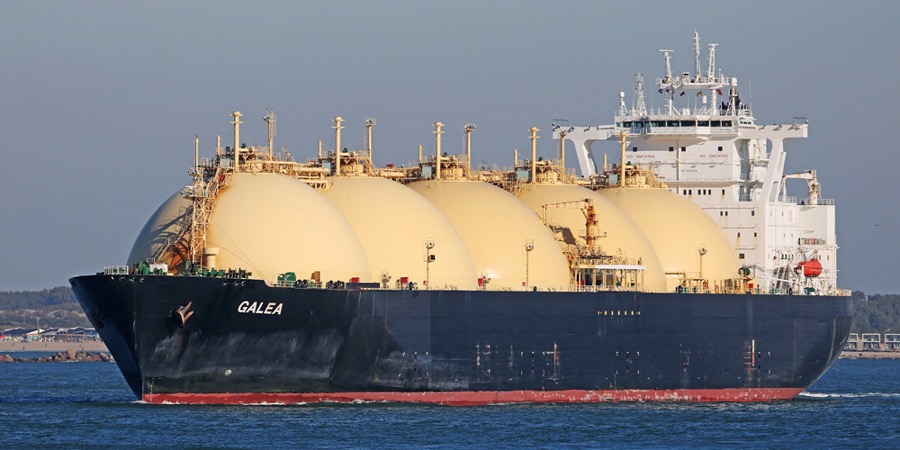It has now become clear that in order to keep the European economy going and ensure energy security, gas will be around for much longer than it was thought two years ago.
It is difficult to progress energy transition unless it can demonstrate a clear benefit to end users and gas is an indispensable part of this process.
These were the conclusions of FLAME, Europe’s foremost gas and LNG conference, that took place in Amsterdam on May 13-15, in which I participated and made a presentation on the East Med.
If the EU is to reduce greenhouse gas emissions by 90% by 2040 gas consumption in Europe will decline to 117bcm/yr. Not many FLAME delegates believe this is achievable, especially given recent developments and new emphasis on affordability and competitiveness.
The EU’s 2040 targets requiring gas demand to go down to 117 bcm/yr are unrealistic. Equinor expects this to be around 250 bcm/yr. In effect, delivering the Draghi report recommendations confirm that.
The vast majority of FLAME delegates also think that gas demand will be substantially higher, but still lower than at present. Nevertheless, gas use in Europe is in permanent decline.
Given the expected continuous decline in gas demand, Europe pretty much has all the gas infrastructure to support its future gas needs.
The global energy system will move strongly towards electricity as key sectors – not just data centres and Evs – embrace electrification, but gas will be part of it.
In Europe gas complements wind – there is a strong correlation between when wind is up, gas use goes down and vice-versa.
If new LNG supplies lead to halving the price of gas in Europe, the decline in demand could be arrested or even reversed.
There are also mixed signals from the European Commission on gas and LNG, where ideology appears to be trumping economics.
Not many believe that Russian gas will not return to Europe following the recent policy announcement by the European Commission.
Until recently the emphasis in Europe was on a fast transition to green energy. Now, there is an increasing shift in emphasis to affordability-reliability-flexibility and energy security.
Hydrogen in Europe still requires infrastructure – pipelines and storage. The economic incentives are not yet there and neither is demand. Regulation may drive this, but the issue is competitiveness.
US tariffs are putting pressure on European industry, putting into question its competitiveness, leading to further decline and further reductions is gas demand.
Demand has declined
EU gas demand has declined by 25% since 2020. Recovering this will be difficult. The EU’s 2030 and 2050 decarbonisation targets are expected to lead to further reductions.
The US gas market is very buoyant. Lots of new LNG projects and exports and industrial demand are up due to growing AI and data centres.
The intervention at the FLAME conference by Dieter Helm, professor of Economic Policy at the University of Oxford, was particularly important. His main points were:
- CO2 concentration in the atmosphere, that matters most in terms of climate change, carries on increasing at a rate of 2 ppm. Instead of going down, it actually increased to 3 ppm last year. 29 COPs have not achieved much because carbon sequestration is not being properly addressed.
- Fossil fuel demand looks robust going forward, still providing 80% of world energy despite the growth in renewables. World energy demand is growing even faster.
- New industries, including defense, are energy-intensive and they mostly need uninterruptible energy, not intermittent. Gas will continue to have a major role to play.
- In terms of energy the US is a superpower and is the natural partner to Europe. Russian gas will play a role, but to a lesser extent.
- Throughout history Russia has been a commodity provider to Europe, irrespective of wars, regimes, etc. This will continue. Nord Stream and Ukraine may still be routes for Russian gas to Europe in the longer term.
- The swing to the right is increasing and so will European energy politics. The right will drive abandonment of net-zero policies. Despite peoples’ support for greener energy, nobody wants to pay the cost. Affordability is key. Right wing parties continues to exploit this.
- Europe’s gas policies will change once gas prices come down, driven by the need to improve competitiveness and reverse de-industrialisation.
Dr Charles Ellinas, Councilor, Atlantic Council







